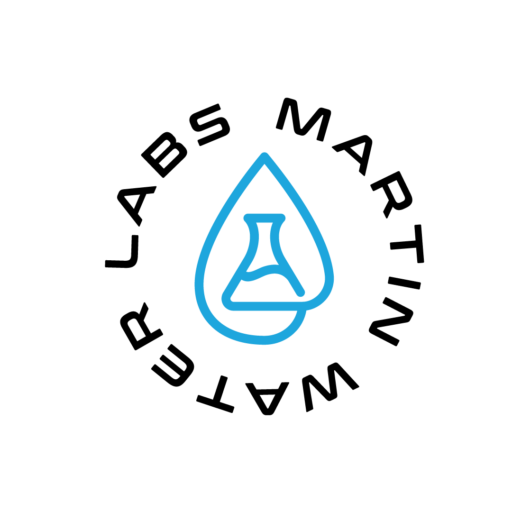Oil Field Testing
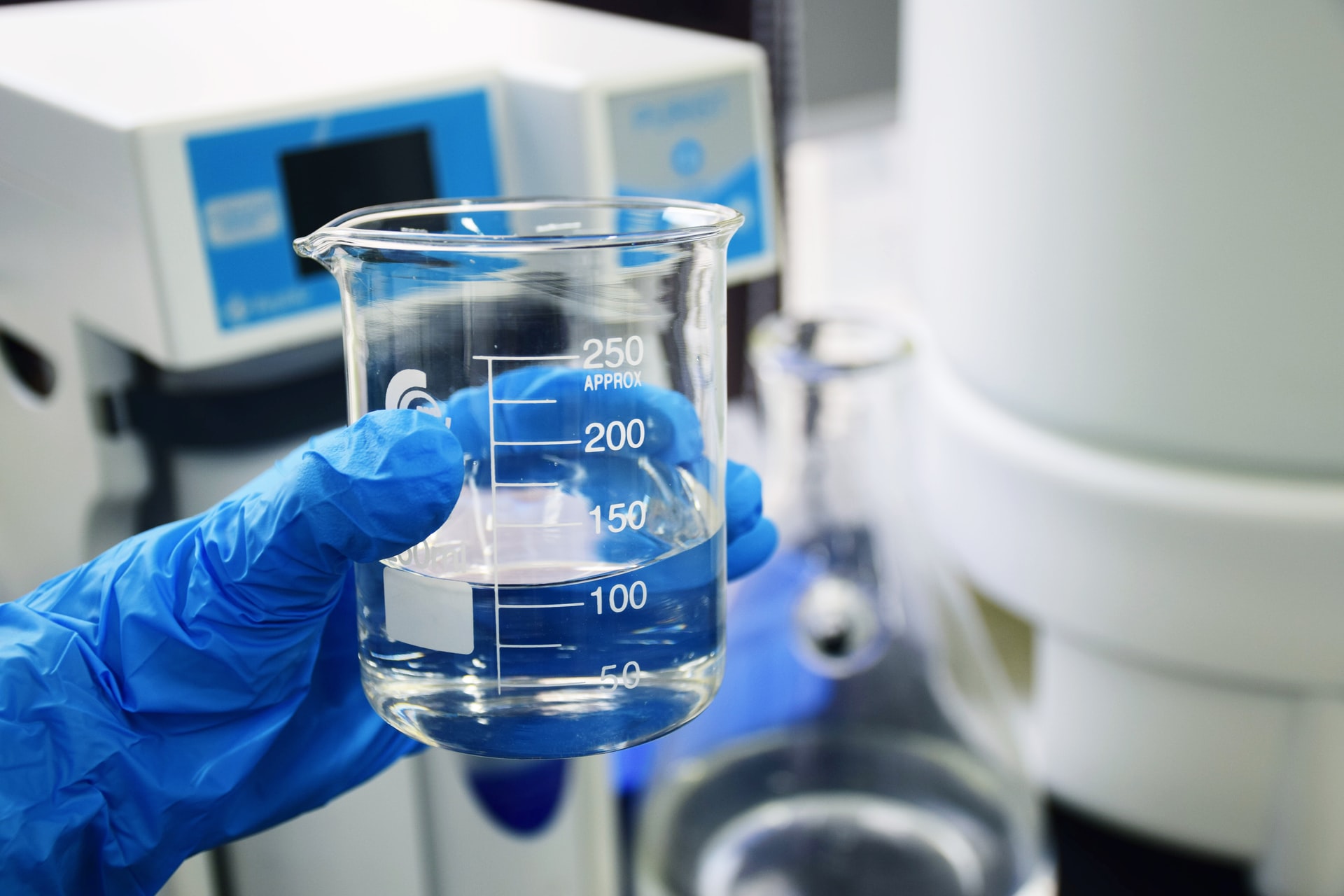
Water
Our typical analysis includes the major cations and anions along with the specific gravity, H2S, TDS (calculated, but can also do by evaporation), pH, and resistivity. Furthermore, scaling tendencies and corrosiveness can be determined.
We can also perform testing on the amount of:
– Oil in water
– Hydrocarbon in water
– Oil and Grease
– TPH
– BTEX
There are numerous other constituents that can be tested in water. Please contact us for additional information and pricing. Ion analysis are performed using ICP-OES for Cations and Ion Chromatography for Anions.
Crude Oil
– ASTM Distillation
– API Gravity
– % Paraffin
– % Asphaltenes
– Pour Point/Cloud Point
– Viscosity
– % Sulfur
– % Oil, water, solid breakout
– Foaming Tendency
– Deformer Effectiveness
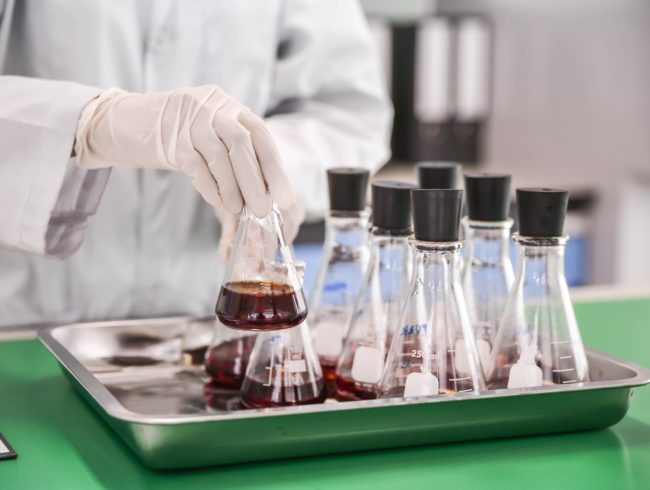
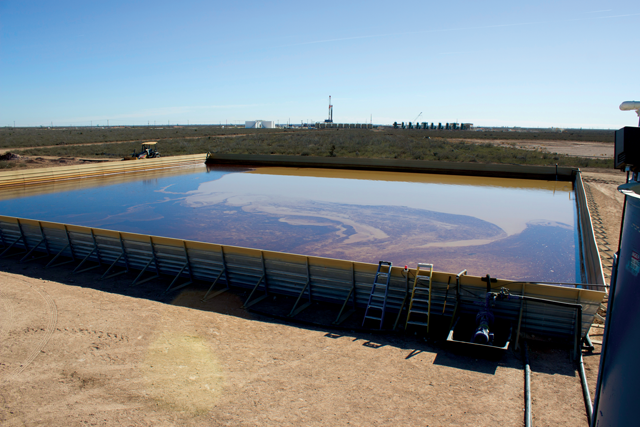
Recycled, Reclaimed, and Frac Water
Field Testing and Sampling
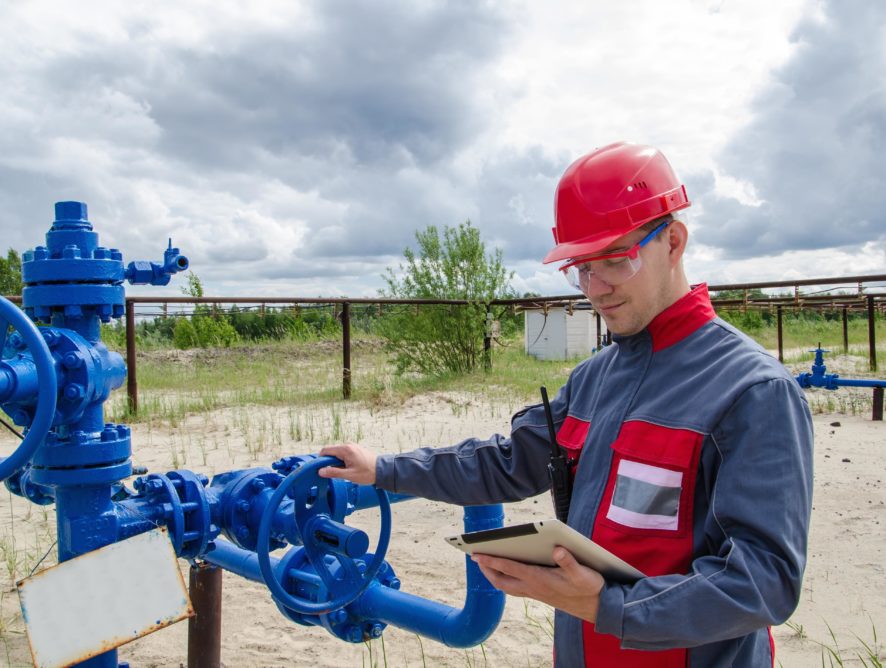
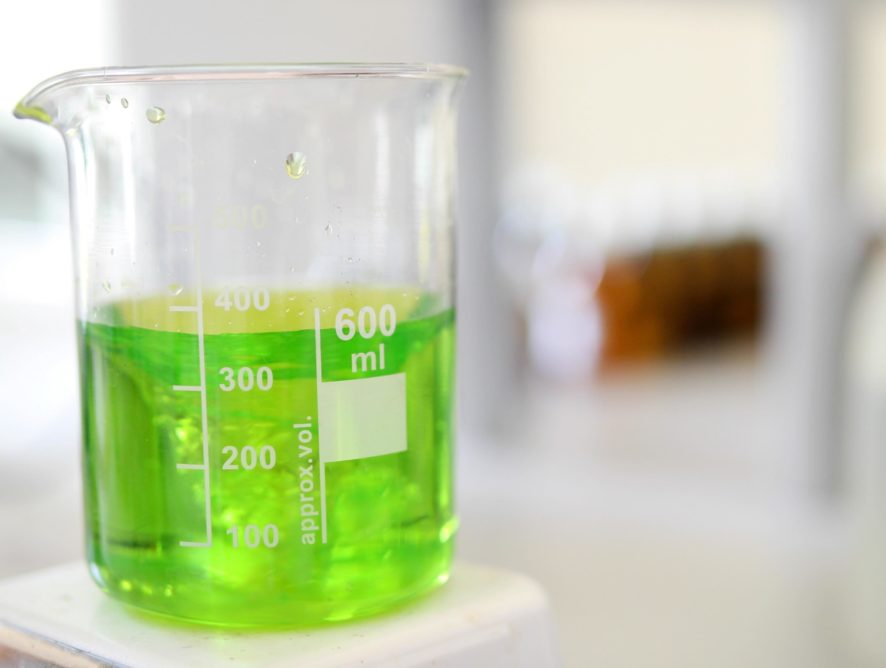
Compatibility
Chemical
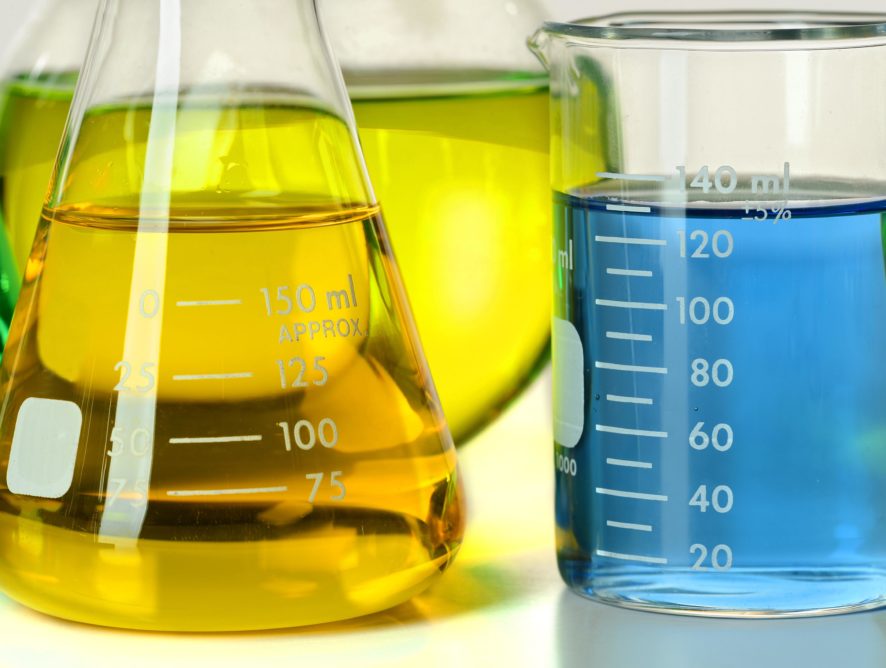
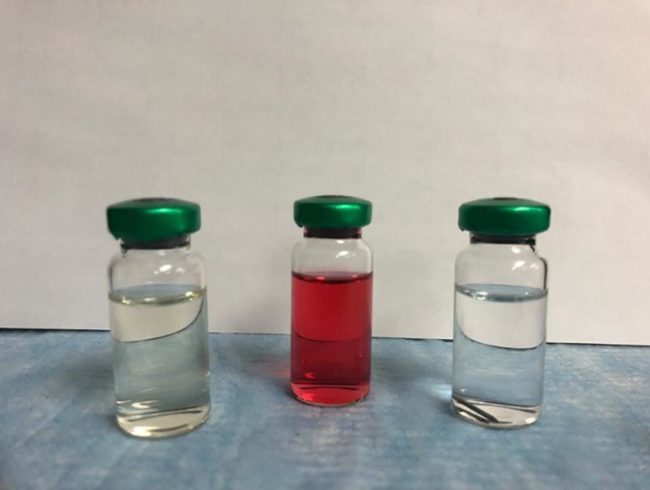
Bacteria
Several types of bacteria common to fresh and oilfield waters can be identified and counted. These include: sulfate reducing bacteria, iron bacteria, sulfur bacteria, fungi and acid-uric bacteria, general aerobes and anaerobes, and ATP Testing.
Identification of Waters
WE PROVIDE SAMPLE CONTAINERS
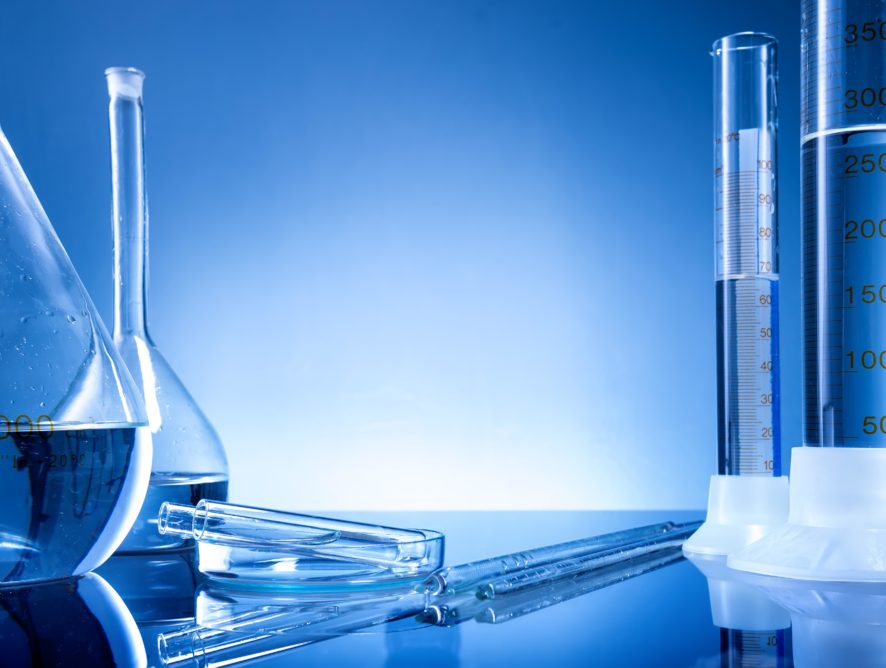

Solids and Scale
We work with oilfield water companies and also provide residential services.
Martin Water Labs has been serving the Permian Basin and surrounding communities since 1953. Our main area of expertise has been and still is the testing, evaluation and subsequent consultation regarding oilfield waters including fresh, produced, injection, or artificial waters; such as drilling, load, or spent acid. We are very experienced and knowledgeable in the service of testing water wells for drinking consumption, irrigation, ponds, and common bacteria’s related to drinking.

